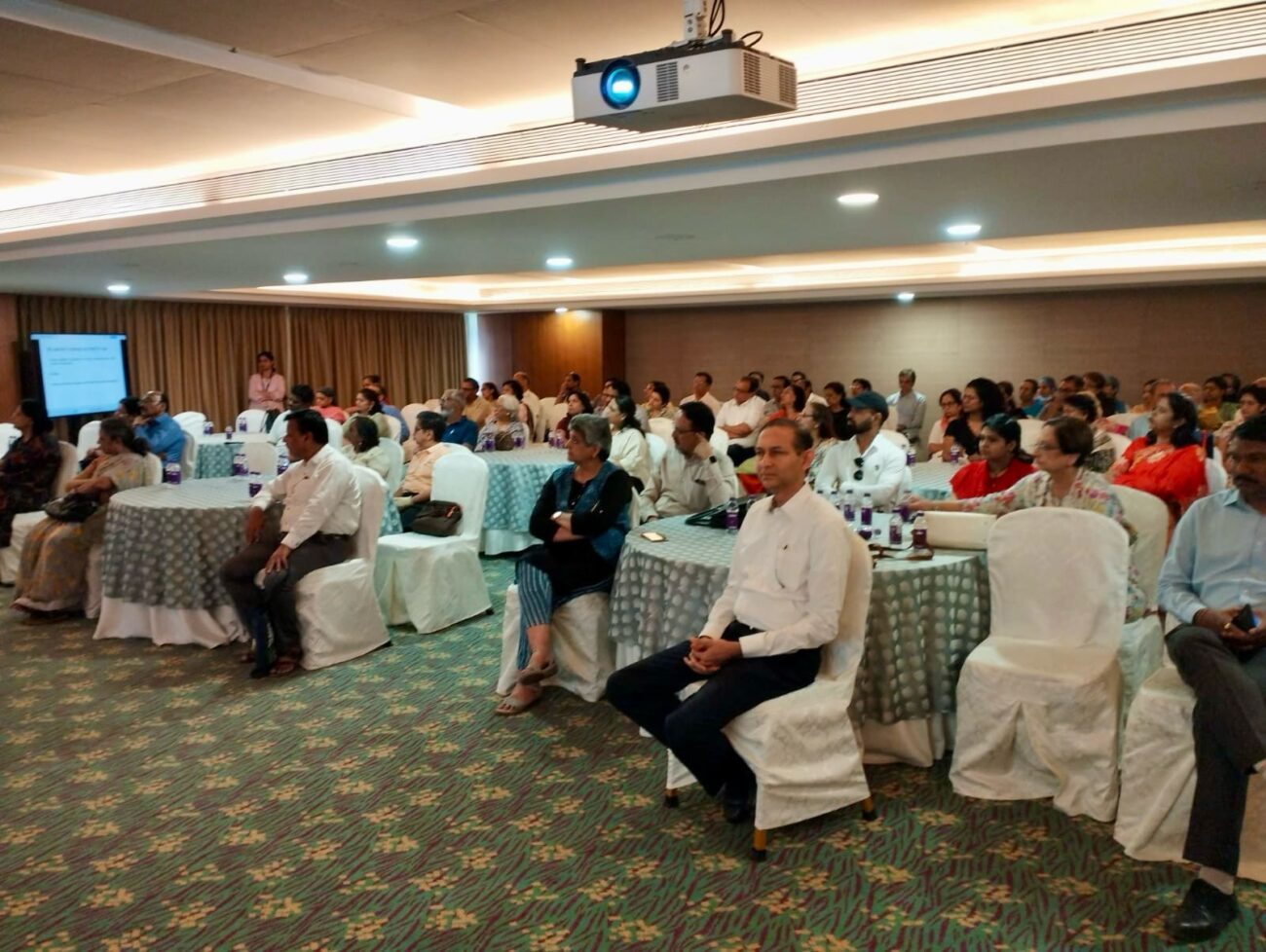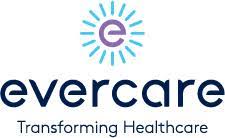Improving Access to Mental Health with Tech
Web-based app Ooca enables those suffering from mental health in Thailand to seek professional help conveniently and privately, and is poised to expand its network to other parts of Asia very soon. Mental health facilities are
Web-based app Ooca enables those suffering from mental health in Thailand to seek professional help conveniently and privately, and is poised to expand its network to other parts of Asia very soon.
Mental health facilities are not highly accessible in many Asian countries. In 2014, the proportion of psychiatrists to the Thai population was 0.87 per 100,000 while in the Philippines it is 0.49 per 100,000 . In India, the proportion of psychiatrists to the population is 0.75 per 100,000 in 2019. These figures are very far from the ideal proportion of six psychiatrists per 100,000 population in high-income countries .

In most countries in Asia, the majority of mental health professionals are concentrated in the major cities, making access to professional help for those living in the rural areas difficult. Additionally, mental health remains a major taboo in these countries, which discourages people who are coping with mental health issues from seeking the help they need.
For dentist and tech entrepreneur, Kanpassorn Suriyasangpetch or Khun Eix as she is better known, these were the main motivations for her to create Ooca – a web-based app designed to help those suffering from mental illness gain access to a wide network of psychiatrists and psychologists conveniently and privately.
Kanpassorn herself has been suffering from mild depression since she was a child, and found that with the help of a psychiatrist and regular counselling she has been able to understand and manage her condition better.
However, while working as a military dentist for the Thai royal army, she faced challenges in accessing professional help. She was based in a remote town six hours away from Bangkok, where there were only two psychiatrists who have a long list of patients waiting to see them. The alternative was to travel to Bangkok to see a psychiatrist, which meant she would have to take a couple of days off from work. She did not want her colleagues to know that she was seeing a psychiatrist fearing that it would hurt her career.
It was during one of her long commutes to Bangkok that the idea for Ooca was conceived. Launched in 2018, Ooca is the first app of its kind in Southeast Asia featuring the largest available network of psychiatrists and psychologists in Thailand, with over 60 professionals on board at present.
“Ooca helps users connect with a psychiatrist or psychologist no matter where they are located. As all sessions are anonymous, the patient does not need to suffer the stigma associated with mental health. Users can seek out specific professionals to help with their issues or use the Topic Matching function to find the most suitable person to speak to about their condition,” said Kanpassorn.
Ooca currently focuses on providing counselling to patients via video calls only, charging a fee of THB 1,500 (about US$49) for a 30-minute session. However, in line with ethical industry practices and in the interests of the user and the mental health professional, the app does not provide any diagnosis. For more serious cases, users are typically referred for a follow-up face-to-face consultation with the mental health practitioner.
When packaged as an employee benefit, the app assists companies with improving mental health in their organisations. One of Ooca’s key features is the ability to provide back-end analytics, and this data gives companies insight into the mental health status of their employees without providing specifics on user information or compromising on the anonymity of its users.
Since its launch, the app has garnered 52,000 individual users in Thailand as well as 20,000 registered companies including Thai and international enterprises. According to Kanpassorn, more than half of its users are women aged 25 to 35, with the youngest user being 14 years old.
As part of its social outreach project to reach out to more young people, Ooca will be signing a Memorandum of Understanding (MoU) with the Department of Mental Health (Thailand), making the app accessible to underprivileged youths in universities across the country for free.
“Today the younger generation is more open about mental health issues, but the older generation, particularly the Baby Boomers or older Gen-Xers, still don’t believe in the effectiveness of counselling or seeing a psychologist or therapist. Many would rather visit the temple than consult a psychiatrist,”
shared Kanpassorn, who is one of the speakers for the Start-up Podium at the 9th edition of Medical Fair Thailand 2019 (MFT 2019) in Bangkok this September. The founder of Ooca will be speaking on the difference between healthcare and life sciences and other high-tech start-ups.
“We need all institutions — government and private, and large corporations — to be more aware of mental health, help increase awareness of the impact of mental health on the public and bridge the gap between those who need help and mental health professionals. We have encountered many incidents where the human resources department (of a company) is keen to use the app but senior management doesn’t give the ‘green light’. Awareness must start from the top,” she adds.
Kanpassorn sees Ooca as a solution to bridge existing gaps in mental health services across Asia, and plans to establish the app in Singapore and Hong Kong in the near future, followed by other parts of the region.





